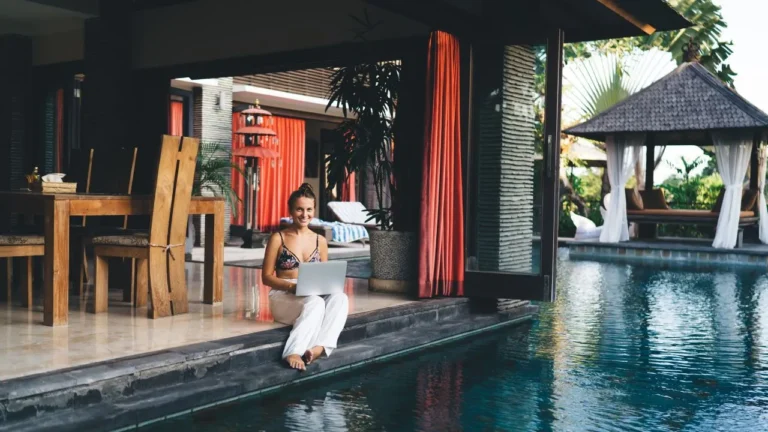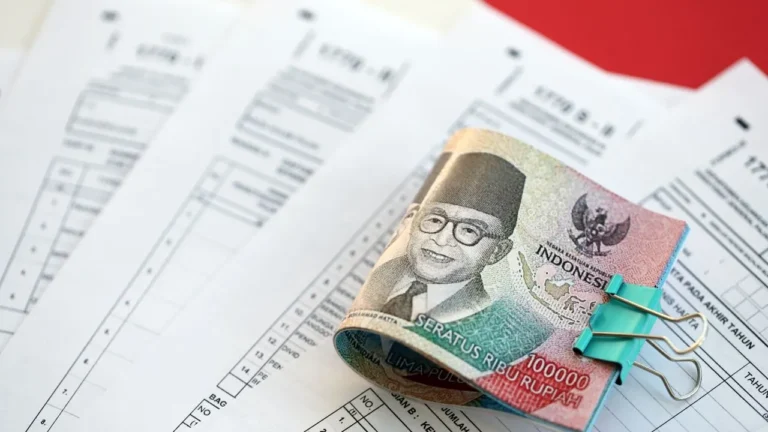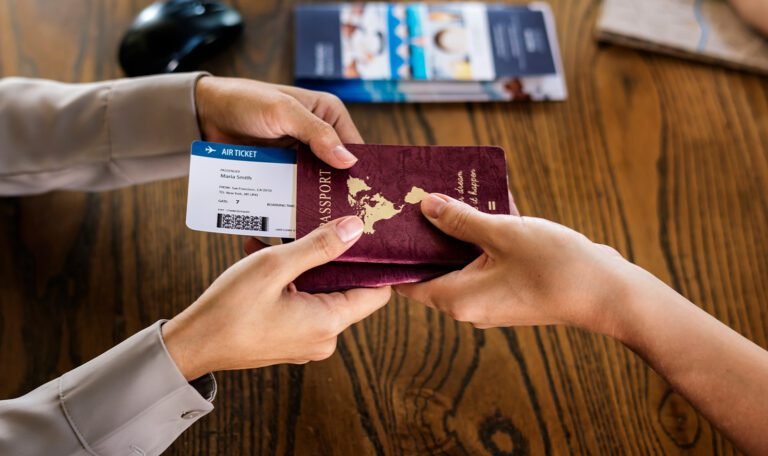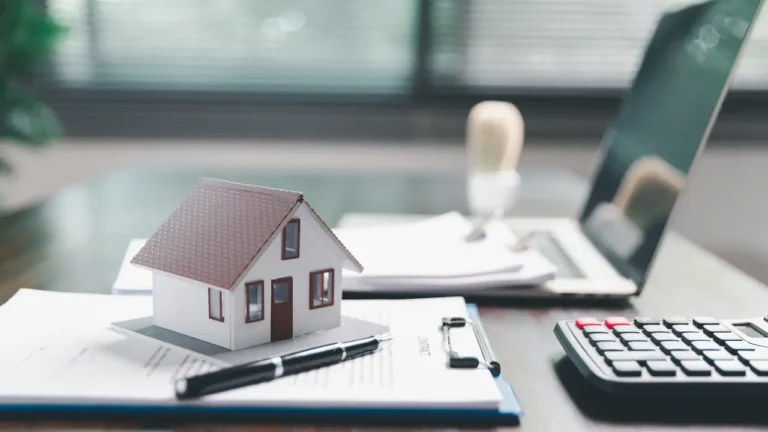Table of Contents
ToggleIf you’re looking to purchase a villa in Bali, you’ll quickly discover that most properties for sale are under a leasehold property agreement instead of a freehold one. Bali has historically had a higher proportion of leasehold properties on the market compared to Lombok or other islands.
With a freehold price now exceeding IDR 3 billion per ara (100 sqm) in some areas, Bali leasehold properties account for more than 90% of the market. However, purchasing a leasehold property has some tax and legal implications that are important to be aware of before entering into a leasehold agreement.
This guide provides a comprehensive overview of what a leasehold property is, detailing common mistakes to avoid, the misconception of guaranteed lease extensions, and the risks associated with not having a building permit.
We also compare the significant tax differences between purchasing as an individual and using a PT PMA company. It ultimately helps you make a more informed and secure investment.
This is where ILA Global Consulting excels. For years, we’ve helped hundreds of international clients, including those investing in property in Bali and Lombok, precisely navigate Indonesia’s legal, taxation, and investment complexities.
Our team’s blend of deep local knowledge and international best practices ensures compliant, strategic solutions, making us a trusted advisor for anyone building a sustainable presence in Indonesia.
What is a Leasehold Property?

A leasehold property (Hak Sewa) is an arrangement where the buyer (lessee) rents the land and builds for a fixed term, usually between 25 and 30 years, with the option to extend.
Unlike freehold ownership, the land remains under the landlord’s (lessor’s) ownership, and the lease is a contractual right rather than permanent property ownership. In other words, it is essential to note that purchasing a leasehold does not make you the owner of the villa or the building.
In the case of off-plan property, the developer is typically also the leasehold owner, rather than the owner of the land. The leasehold owner cannot transfer more rights to the buyer than the rights the developer or seller possesses.
For many foreign investors, leasing a villa is the most practical and affordable way to acquire a property in Bali. Therefore, you need to manage carefully.
Key Terms for Leasehold Property in Bali
| Term | Definition |
|---|---|
| Leasehold Property (Hak Sewa) | An agreement where the buyer (lessee) rents a property for a fixed term, typically between 25 and 30 years, with a potential option to extend. It is a contractual right, not a form of permanent property ownership. |
| Freehold (HGB) | A form of ownership that grants permanent rights to the land and property. It is the highest level of ownership but is often unavailable to foreign investors and is significantly more expensive than leasehold in Bali. |
| Lessor / Landlord | The owner of the land from whom a leasehold property is rented. |
| Lessee / Buyer | The individual who rents the land and building under a leasehold agreement. |
| Off-plan Property | A property that is sold before it has been built or completed. In this case, the developer often holds the master lease and is not the original owner of the land. |
Make Navigating Real Estate in Indonesia Easy
Save time and money by letting ILA Global Consulting’s team of experts guide your real estate journey in Indonesia. We can assist with due diligence, land title transfers, notary services, contract drafting and review, building permits, various licenses, and other related services.
Please find more information about our comprehensive range of real estate services. Contact us today to schedule a complimentary consultation.
What Are the Mistakes to Avoid while Purchasing a Leasehold Villa or Apartment in Bali?
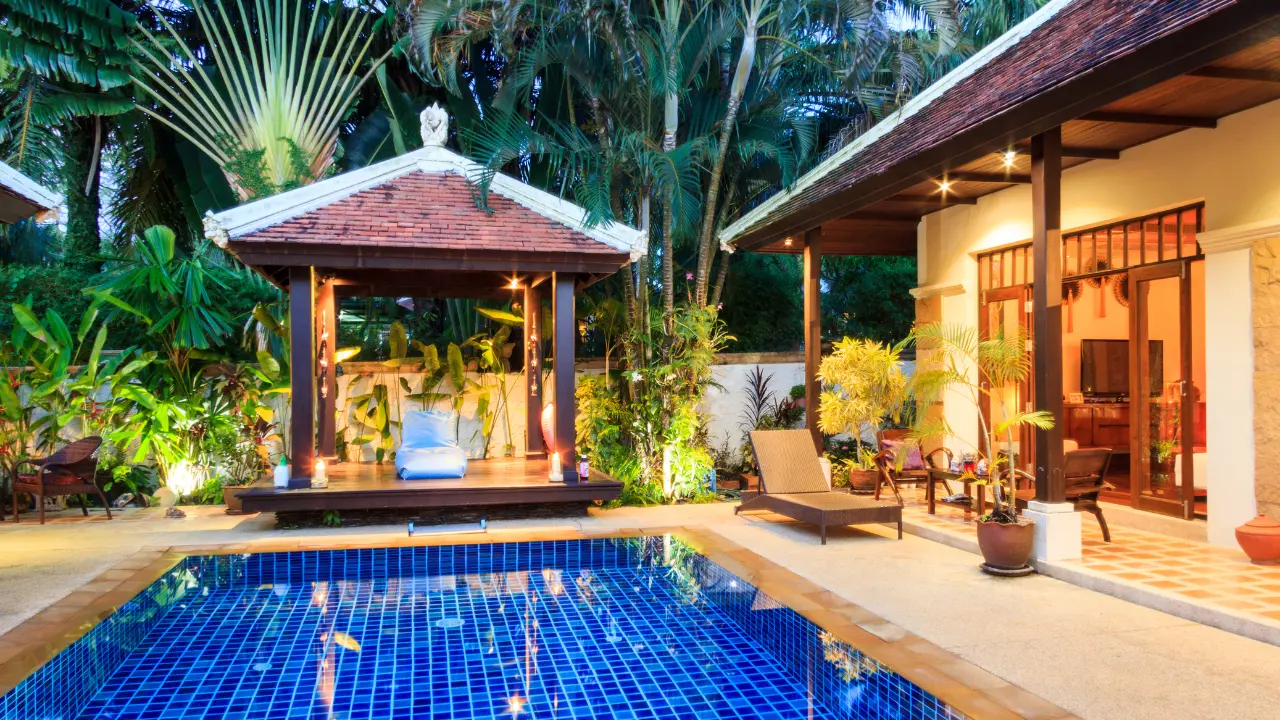
Here are some common mistakes or misconceptions that we often encounter in the contracts we handle when purchasing a leasehold property in Bali.
1. Not Negotiating the Extension
The first common mistake is to believe you are entitled to a 60-year lease just because a contract mentions a 30+30-year extension. Most leasehold contracts drafted by notaries do not offer sufficient protection.
We commonly see clauses that indicate a simple clause stating that the lease extension will be done at the market price. However, the contract does not indicate any penalty if the landlord refuses to extend the lease agreement. In other words, most leasehold contracts do not guarantee any extension of the lease.
There is a significant chance that the landlord will refuse to extend the lease agreement and keep the villa that was built on previously empty rented land. Especially for most villas being sold by developers, the extensions buyers have with the developers depend on the master lease that the developers have negotiated with the landlord.
That is to say, if the developer’s contract with the landlord is weak, there is a slight chance that the buyer will be able to extend the contract. There is a way to ensure a stronger contract and increase the chances of an extension. We strongly recommend that a lawyer or ILA review your contract.
2. Not Applying for a Building Permit
Before building a villa, the developer or contractor must apply for a building permit, known as a PBG. This building permit is compulsory before the construction starts. Despite some developers saying the SLF is sufficient, the regulation is precise.
Before any construction, a developer must apply for and obtain approval of the PBG. You take a risk by purchasing a project without this permit because authorities can stop construction at any time. We recommend negotiating penalties with the developer or the property agent. Some property managers or Airbnb may request the documentation to ensure the villa is not illegal.
3. Ignoring Income Tax and Land/Building Tax
Some leasehold contracts are unclear regarding the responsibilities for income tax on the lease and who will be responsible for the annual land and building tax.
By nature, the leasehold tax is an income tax due from the lessor. The seller is responsible for paying a tax of 10% if it is an Indonesian legal entity or if the person is a tax resident in Indonesia. One resident will have to pay 20% tax.
This tax is sometimes split in the contract between both parties, or some practice to minimize the tax is often seen by making a double contract. We strongly recommend avoiding this practice, as it may trigger penalties, and the amount of the transaction can be challenging to recover in the event of a dispute with the seller.
Additionally, it is essential to note that if the buyer is a PT PMA, the leasehold tax must be withheld by the PMA. The land and building tax is due every year from the landlord. The owner has to pay a percentage of the land and building value to the tax office. It is recommended to strongly define in the contract who is responsible for this tax to avoid surprises.
Key Terms for Avoiding Leasehold Mistakes in Bali
| Term | Definition |
|---|---|
| PBG | Persetujuan Bangunan Gedung (Building Approval/Permit). A mandatory permit that must be applied for and approved before any construction begins. Building a villa without a PBG is illegal and can lead to a stop-work order or demolition. |
| SLF | Sertifikat Laik Fungsi (Certificate of Feasibility). A certificate issued after a building’s completion, confirming that it is safe and suitable for its intended use. |
| Income Tax on Leasehold | A tax due from the seller (lessor) when a leasehold property is sold. It is set at 10% for Indonesian entities or tax residents, and 20% for non-residents. |
| Land and Building Tax | An annual tax levied on the value of the land and building. The contract should clearly specify whether the landlord (lessor) or the tenant (lessee) is responsible for this tax. |
Should You Purchase Leasehold Property in Bali Under a Personal Name or PT PMA?
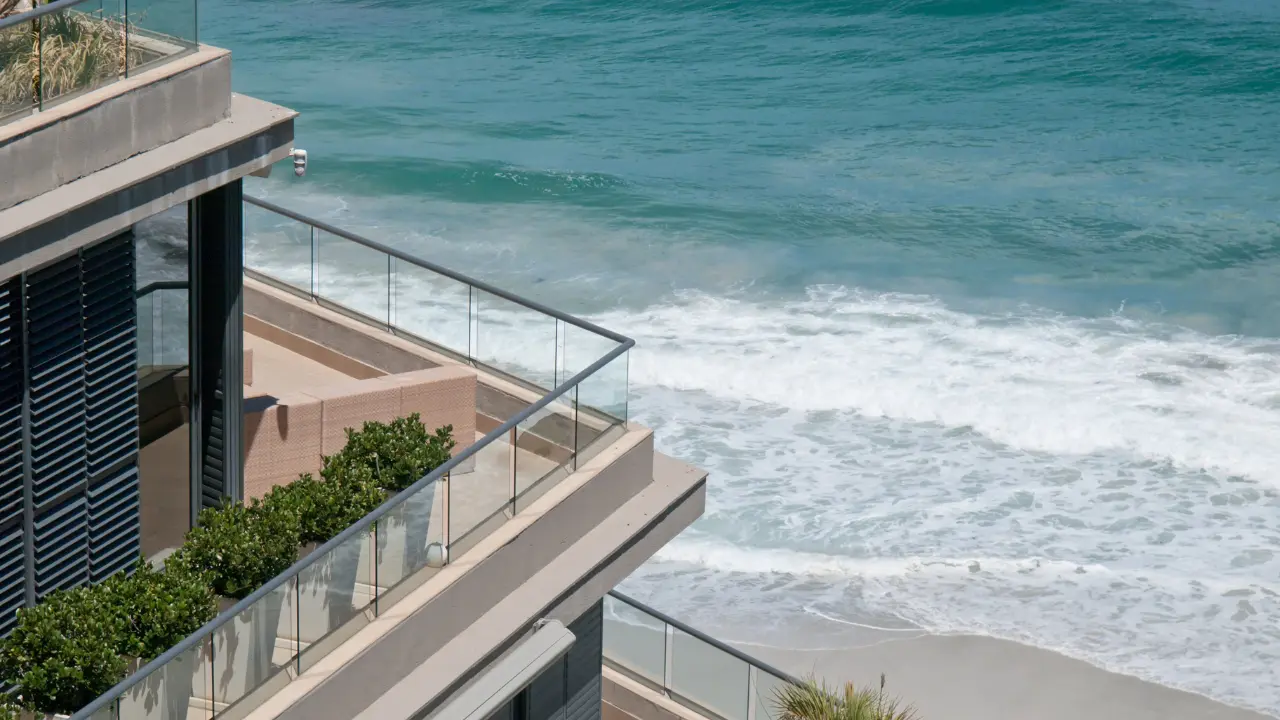
In brief, we believe it’s preferable to purchase a leasehold property in Bali through a PT PMA. Here are the reasons:
1. Taxation is More Favourable for a PT PMA
One of the big misconceptions is that it is more beneficial to purchase a leasehold property under a personal name rather than under a PT PMA. The taxation difference is significant. Investing under a personal name can significantly affect the Return on Investment and how the income is taxed in the buyer’s home country.
As a simple example, the income tax for non-residents is set at 20% while the tax under PMA is set at 10%. In a previous detailed article, we explained that the difference could reach 40%.
2. It is not Possible to Run a Villa as an Individual with a Leasehold
Unfortunately, the Indonesian government doesn’t authorize individuals to rent out a property legally. But, you can rent property by:
- Indonesian with a licence
- Companies with local shareholders (PT PMDN, CV, etc)
- Company registered in Indonesia (PT PMA) with the proper licence (Hotel, Apartment Hotel)
However, there are still specific obligations that must be met after setting up a PT PMA to ensure ongoing compliance and avoid legal issues. We strongly recommend that the leasehold agreement clearly define who will apply for the license for the villa or apartment to obtain all necessary legal documents (e.g., Pondok Wisata, Vila, or the SLF).
Do not let the complexities of contract loopholes, tax burdens, or the risks of improper permits compromise your investment. Contact ILA Global Consulting today to ensure your leasehold contract is robust, your due diligence is thorough, and your investment is protected for the long term.
Key Terms for PT PMA vs. Personal Name Ownership
| Term | Definition |
|---|---|
| PT PMA | Perseroan Terbatas Penanaman Modal Asing. A foreign-owned limited liability company. |
| Tax on Non-Residents | A significant tax of 20% is applied when rental income is sent overseas from a personal leasehold. This is much higher than the tax rate for a PT PMA. |
| Return on Investment (ROI) | A performance measure used to evaluate the efficiency of an investment. The article suggests that a PT PMA structure can yield a significantly higher ROI due to its more favourable tax treatment. |
| Pondok Wisata / Vila License | A license is required to rent out a property for commercial purposes legally. |


